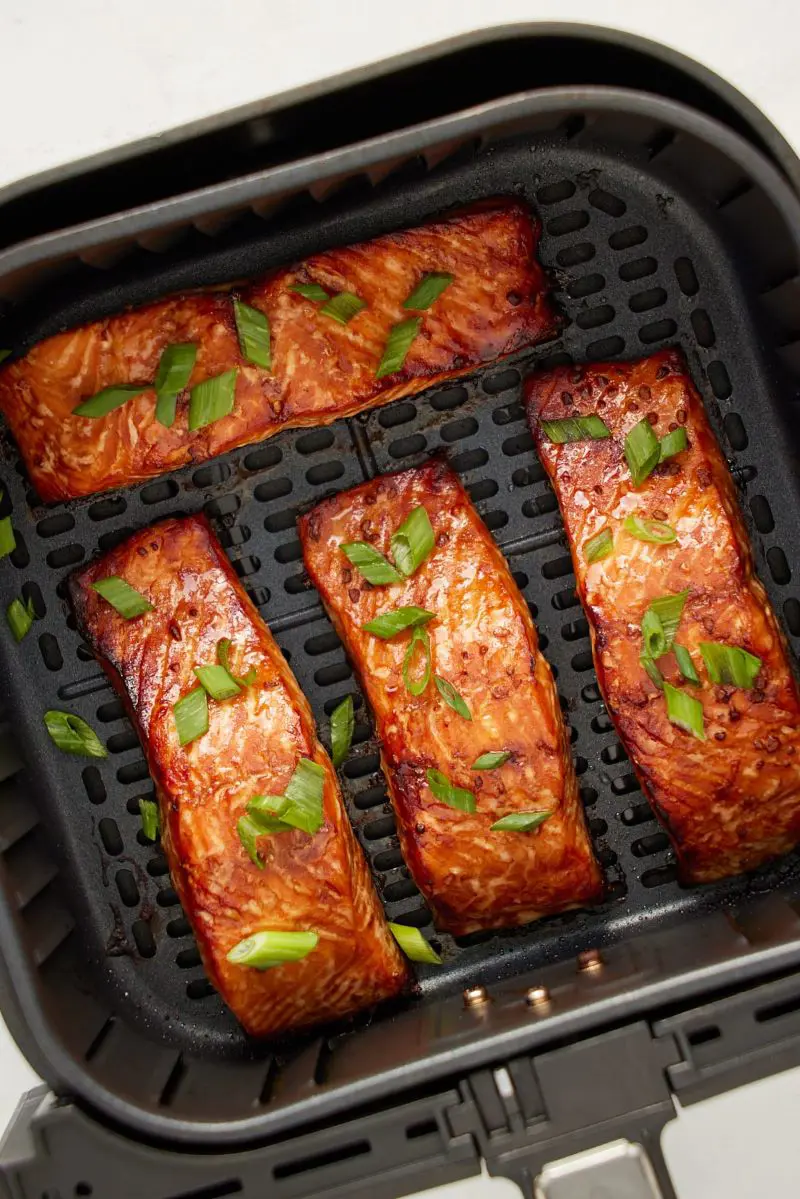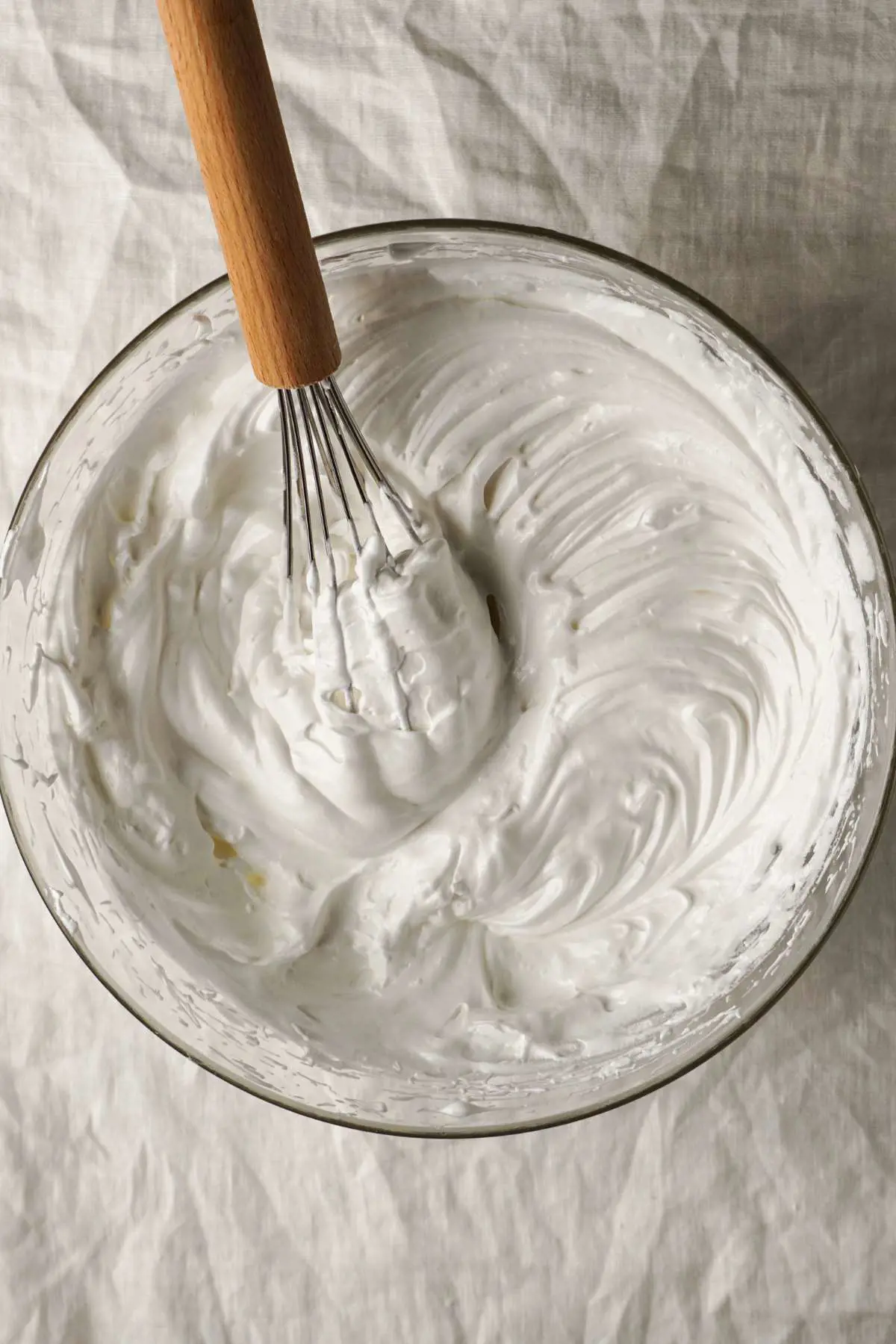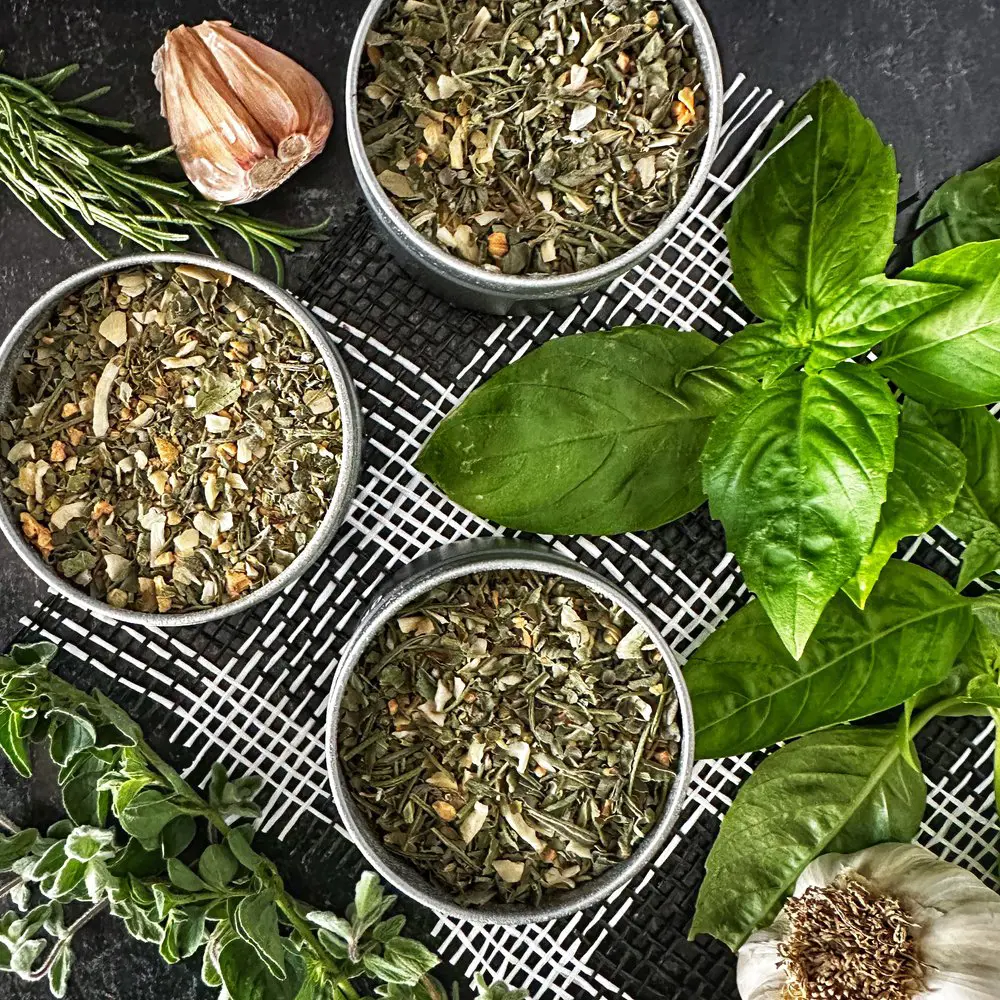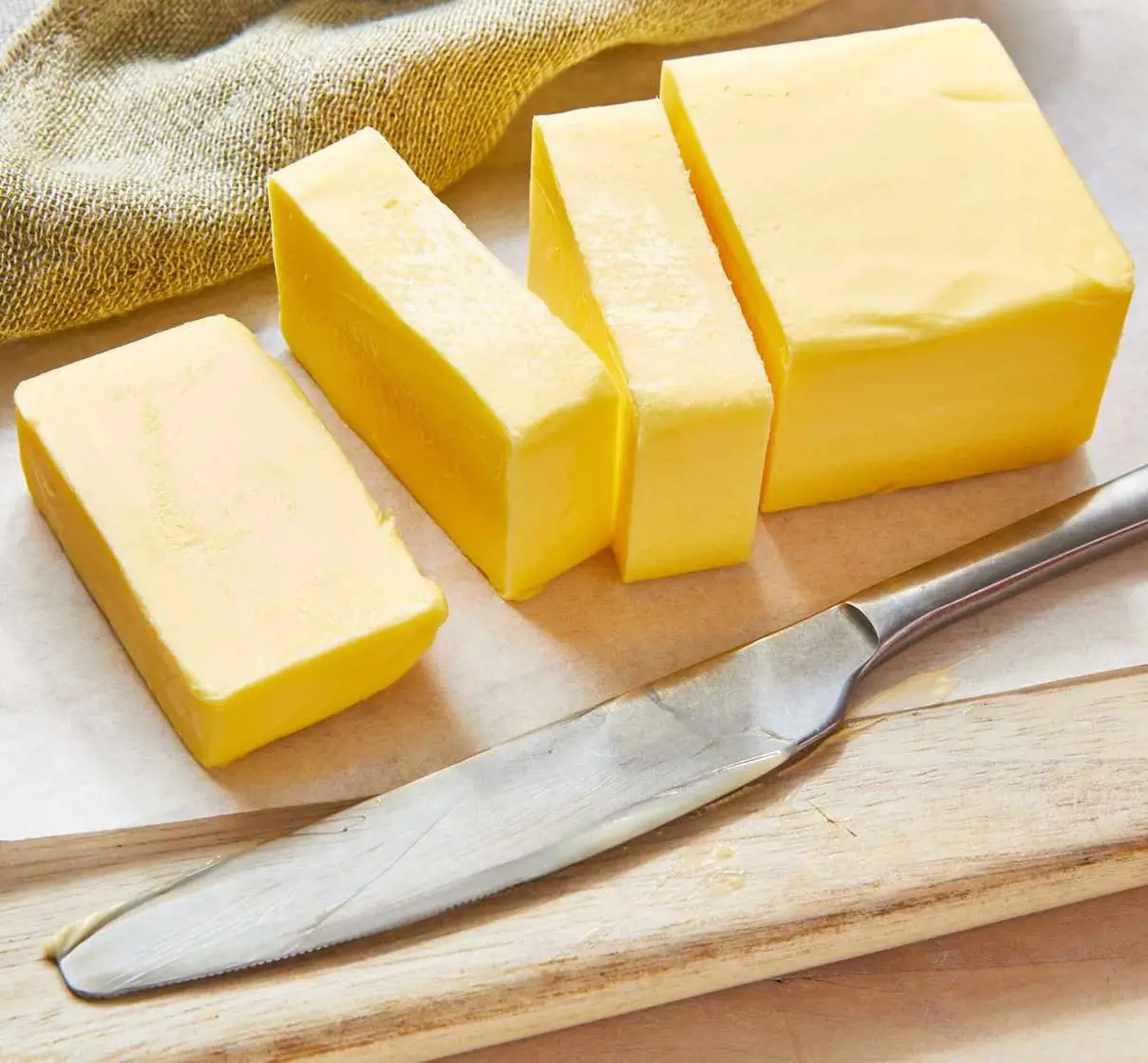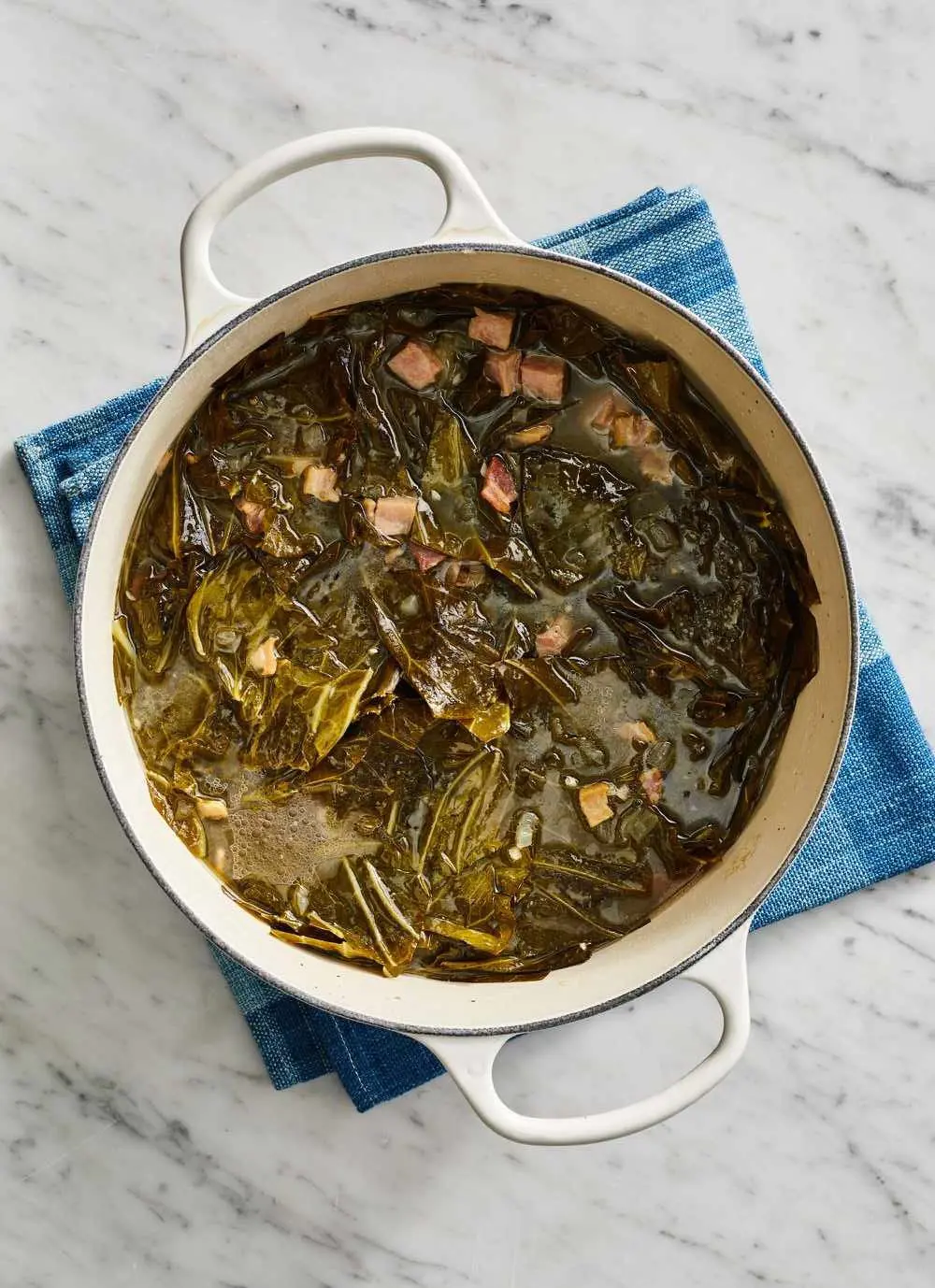How To Tell If Your Eggs Are Bad
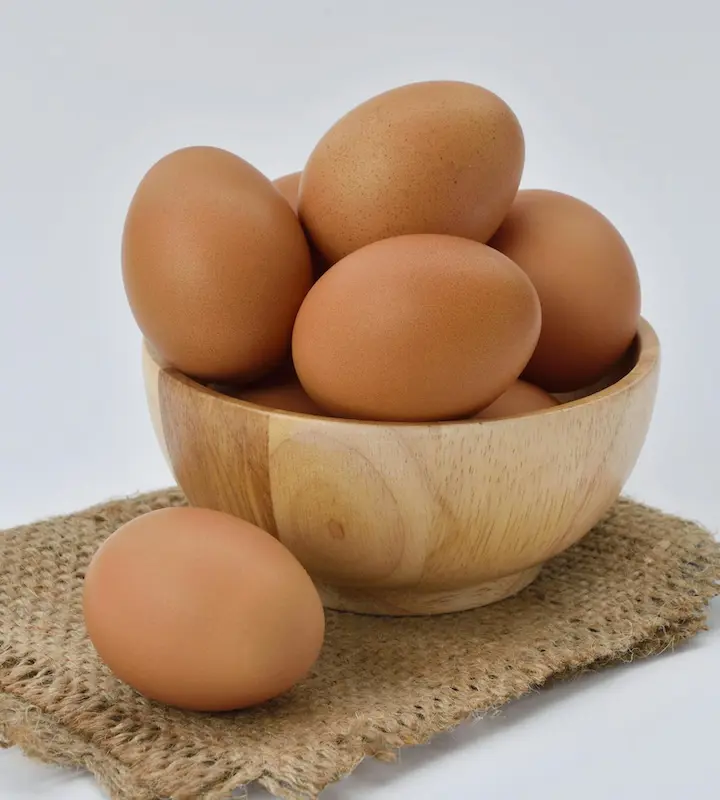
We all have been in a situation where we open the fridge to get some eggs and are suddenly hit with the thought “how long have these been here?” All fresh foods go bad after a certain time and it is certainly true for eggs.
It is rather difficult to tell when the eggs have gone bad unless the shell is cracked or punctured. So how do you tell when eggs have gone bad? Well, here are some methods that can be of help:
Do A Float Test
The float test is the way to go to figure out if your eggs have gone bad. This test is based on the principle that eggs have an air pocket inside. Since the egg shells are porous, the amount of air inside the egg increases over time.
So, an older egg will have more air as compared to the newer ones. As time passes, the air inside becomes sufficient enough for the egg to float on water.
How To Test Eggs In Water
To perform a float test, here is what you need to do:
- Take any bowl or large container that can handle the eggs you need to check. Add cold water to it, just enough that the eggs get completely submerged in it.
- Gently place the eggs into the water of the container one by one. Carefully avoid cracking the eggshell.
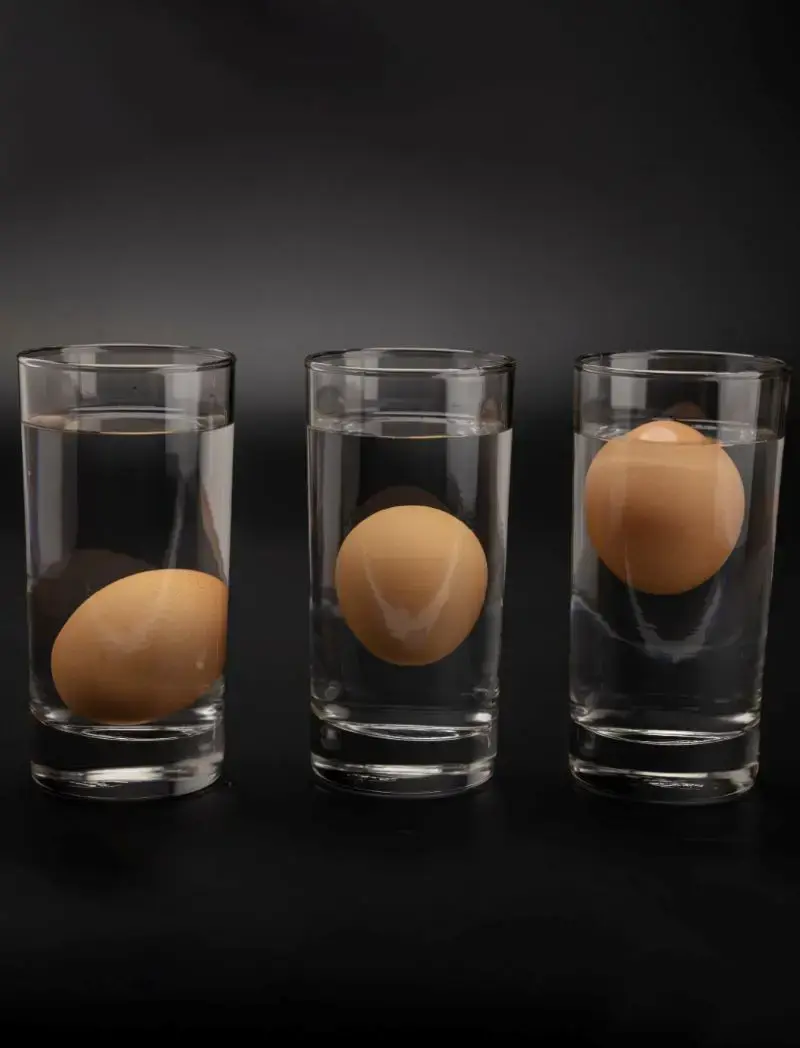
Observe the Eggs:
Fresh Eggs: If the eggs are fresh, they will sink to the bottom of the container and lie flat on their sides.
Slightly Older Eggs: Eggs that are still good to eat but not as fresh will stand upright on the bottom of the container. The narrower end will be pointing down and the broader end pointing up.
Old Eggs: Eggs that float to the top of the water are not fresh anymore. This is because the large air cell inside the egg makes it buoyant enough to float, in which case the egg should be discarded and not considered fit for eating.
Is the Float Method Accurate?
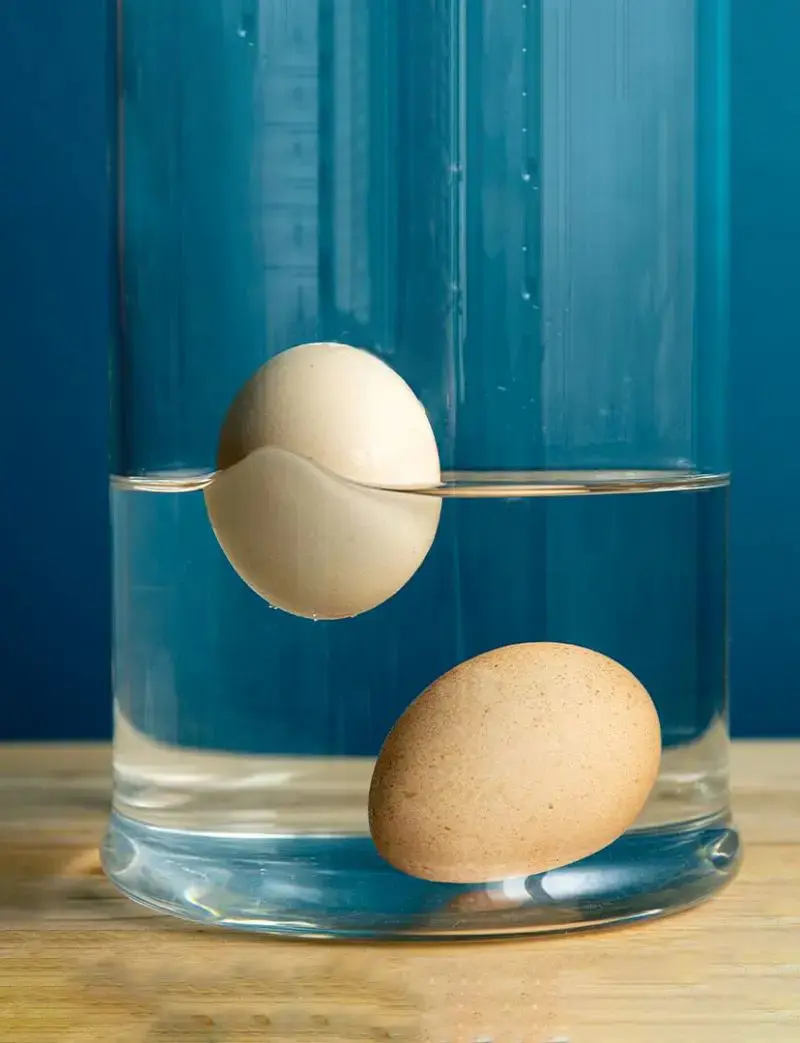
The float method is a reliable check for freshness, but it does not indicate whether the eggs are good or bad. Just because an egg is old, it does not mean it is unfit to eat.
Some chefs like to use older types of eggs when it comes to various baking recipes. A float test is recommended as it tells how permeable the shell of an egg is. Permeable eggshells tend to absorb water which then increases the chance of bacterial growth within the eggs.
Check the Shell
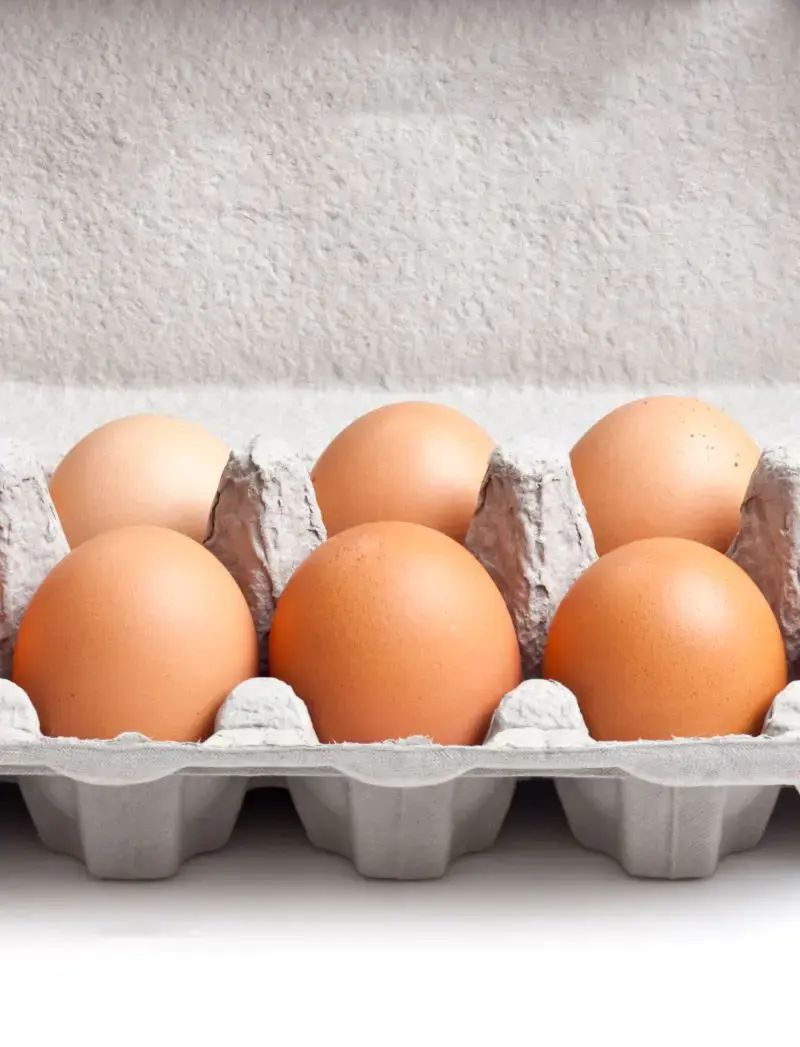
Another simple way to tell if the eggs have gone bad is just inspecting the eggshell. If you find something unusual like slimy texture or powder on the shell, there are considered signs of bacterial growth.
Look out for cracks or holes on the shells which could mean that the egg is more prone to mold.
If you find any damage on the shell, crack the egg into a bowl immediately. Look for any form of discoloration in the egg white as well as the egg yolk. If you find something unusual, discard the egg and wash the bowl properly before continuing with your inspection.
Another visual cue is to check the consistency of the egg white and egg yolk. If they appear runny, it means that the eggs might be older and not fit for consumption.
Shake Test
Let’s get shaking! Now that you’re done inspecting the outside, its time to inspect the insides of the eggs. This is not the ideal method to test the freshness of your eggs but it might give you a certain clue.
Bring the egg close to your ears and shake. If you hear water sloshing inside, it means that the egg might have gone bad.
This sound means that the egg yolk or white has become watery which is a sign of old age in eggs. If you hear such a sound, follow it up with other tests to figure out whether the eggs are good for eating. If there is no such sound, the egg is safe for consumption.
Check The Packing Date
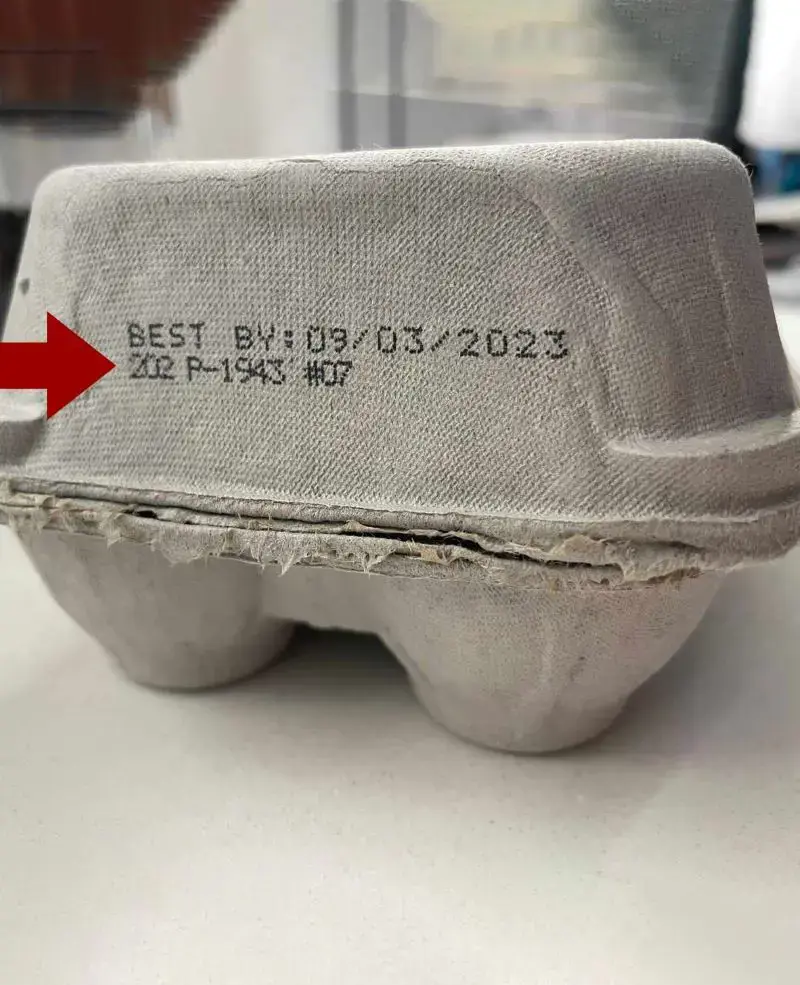
Many of us look at the expiration date to figure out the freshness of the egg. But that is not the correct metric to look for. Instead, check the packaging date of the eggs. This gives you a better idea of when the eggs were packed and how fresh they are.
In addition to the packaging date and the expiration date, there is a sell-by date that is also important to understand. The sell-by date is the recommended date for how long the eggs should sit on the shelf in the store.
As per United Egg Producers, eggs are usually fine to eat four to five weeks after the pack date and two to three weeks after the expiration date.
How To Tell If An Egg Is Bad After Cracking
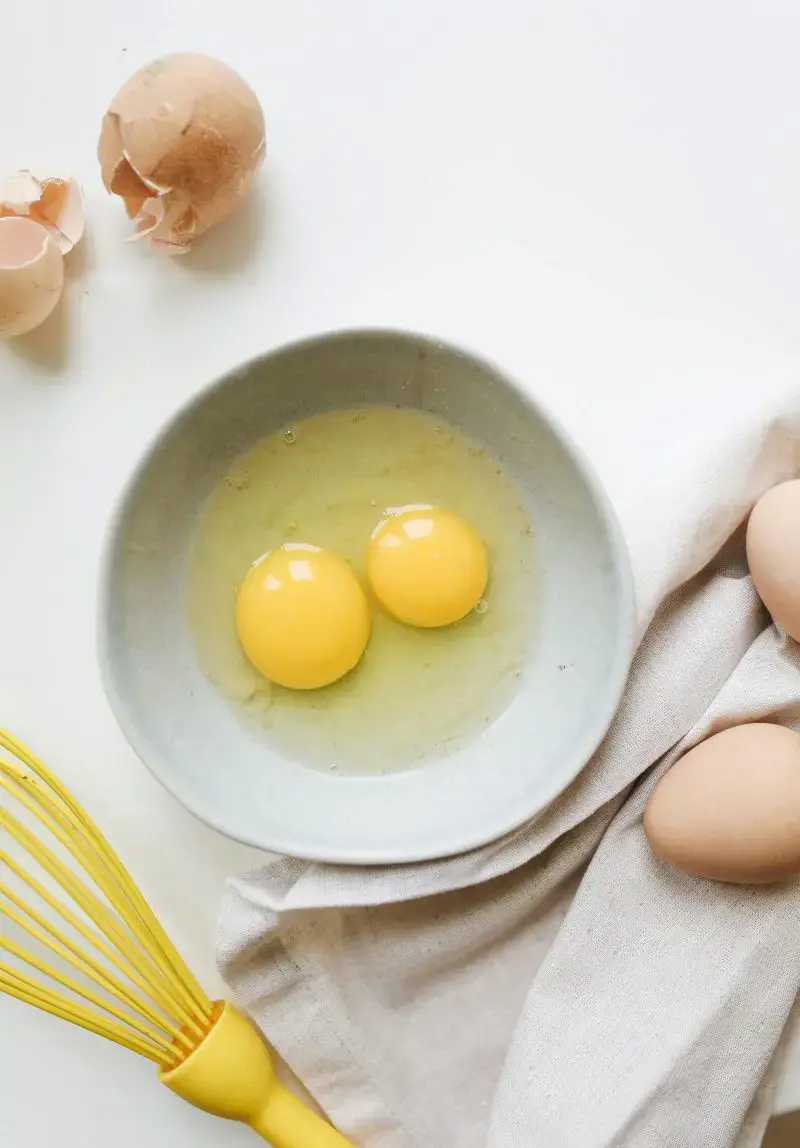
It is easier and more certain to tell the good eggs from the bad ones after they are cracked. Start with the smell test because this is the most obvious one.
Crack the egg in a clean white bowl and give it a good smell. If there is a distinct smell indicating it has gone bad, it has definitely gone bad. Toss the egg and wash the bowl properly with soap and water before you crack another.
If there is no distinct smell and the eggs seem normal, it is still good to eat.
There are also visual cues to help you figure out whether the egg is good or not. If there is any discoloration or cloudy/slimy structure inside the egg, this probably means that the egg is not in the right condition.
Can You Eat Spoiled Eggs
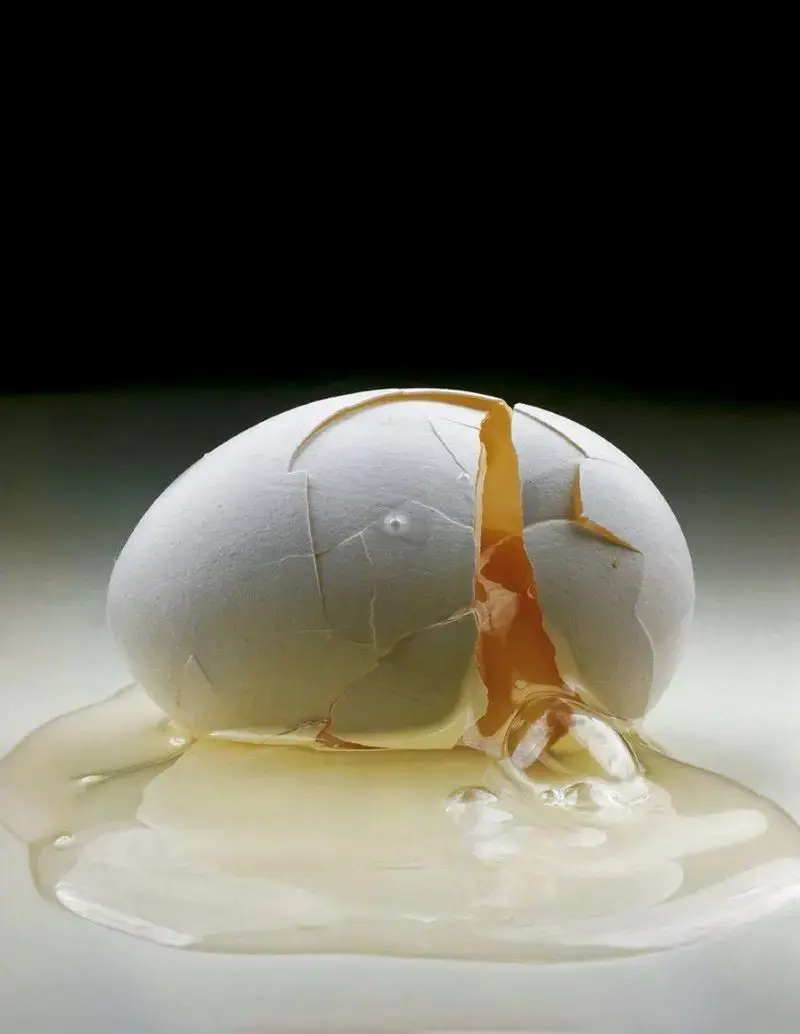
If you consume a bad egg by any chance, there is a possibility of a food-borne disease or a Salmonella infection. In some cases, mild symptoms like fever, headache, vomiting and stomach might be observed.
However, these symptoms generally last for a few days and do not require hospitalization. It is important to avoid consuming bad eggs and keep track of the illness and symptoms to prevent any serious conditions.
How Long Do Eggs Last
How long eggs last depends on how they are stored and their freshness at the time of purchase. Here is a guideline that might help:
Refrigerated Eggs
- In the Shell: Fresh, uncooked eggs can typically last for about 4 to 5 weeks beyond the pack date or about 3 weeks after the sell-by date.
- Out of the Shell: Once cracked, raw egg whites and yolks should be used within 2 to 4 days if stored properly in the refrigerator.
Frozen Eggs
Whole eggs (including mixed whites and yolks) can be frozen for up to 1 year. Similarly, separated egg whites and yolks can also be frozen for the same duration. For optimal freshness, it's generally recommended to use frozen eggs within 4 months.
The Best Way To Store Eggs
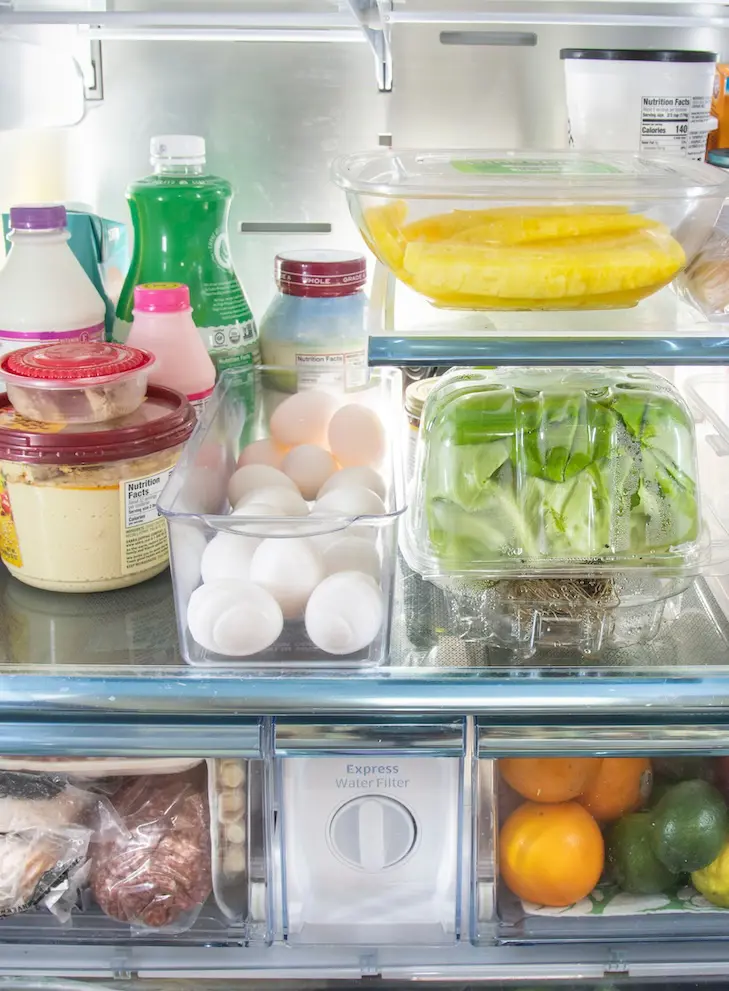
The ideal temperature for storing eggs is 30-40ºF. So, it would be advisable to store them in the refrigerator.
Since the eggshell is porous, it may absorb flavors and odors from other foods in the refrigerator. So, to freeze eggs, store them in the original carton.
Since there is a temperature fluctuation, avoid storing eggs in the door. The constant opening and closing of the refrigerator may lead to changes in temperature. Set them at the back of the fridge if you want the eggs to last longer; it has a constant temperature.
Note the expiration date on the carton and the sell-by date. Find the eggs that fall around these dates to some reasonable timeframe to find the fresh eggs.
Recent posts
Kitchen Tips
Kitchen Tips
Best Ways To Reheat Salmon
Salmon is a delightful fish that is consumed by many people. The reason is its flavors and nutritional benefits. Whether be it a normal dinner night or any occasion, you will find salmon on the plate. Having leftover salmon makes you think how ...
Kitchen Tips
3 Methods To Defrost Salmon Without Ruining It
Salmon makes everyone delighted at dinnertime, and it's easy to see why. While fresh salmon from the store tastes wonderful, sometimes life gets too busy for shopping trips. That's when frozen salmon becomes your kitchen hero! With the right defrosti...
Kitchen Tips
Sardines vs Anchovies: What Sets These Pungent Fish Apart?
Sardines and anchovies are both types of small, oily fish that are widely used in food around the world. Both sardines and anchovies are marine or saltwater fish. They are commonly found in coastal waters and are part of the vast array of species tha...
Kitchen Tips
14 Heavy Cream Substitutes For Cooking
Heavy cream, also known as heavy whipping cream, is a luxurious dairy product celebrated for its rich and velvety texture. The cream is made by skimming the fat content from fresh cow's milk with about 36-40% milk fat. However, there are severa...
Kitchen Tips
20 Best Italian Herbs And Seasoning Spices
Italian cuisine is known for its simplicity and the use of locally produced, high-quality, fresh ingredients. One of the reasons behind this is the skillful use of herbs and spices to enhance flavors and create diverse taste profiles. Depending on wh...
Kitchen Tips
15 Butter Replacement Products When You Run Out Of It
Butter makes everything better. It is a kitchen staple that can be found in pretty much everyone's pantry. From baking to sauteeing, we use this ingredient in the kitchen pretty much every day. So, it is natural for us to look for alternatives for da...
